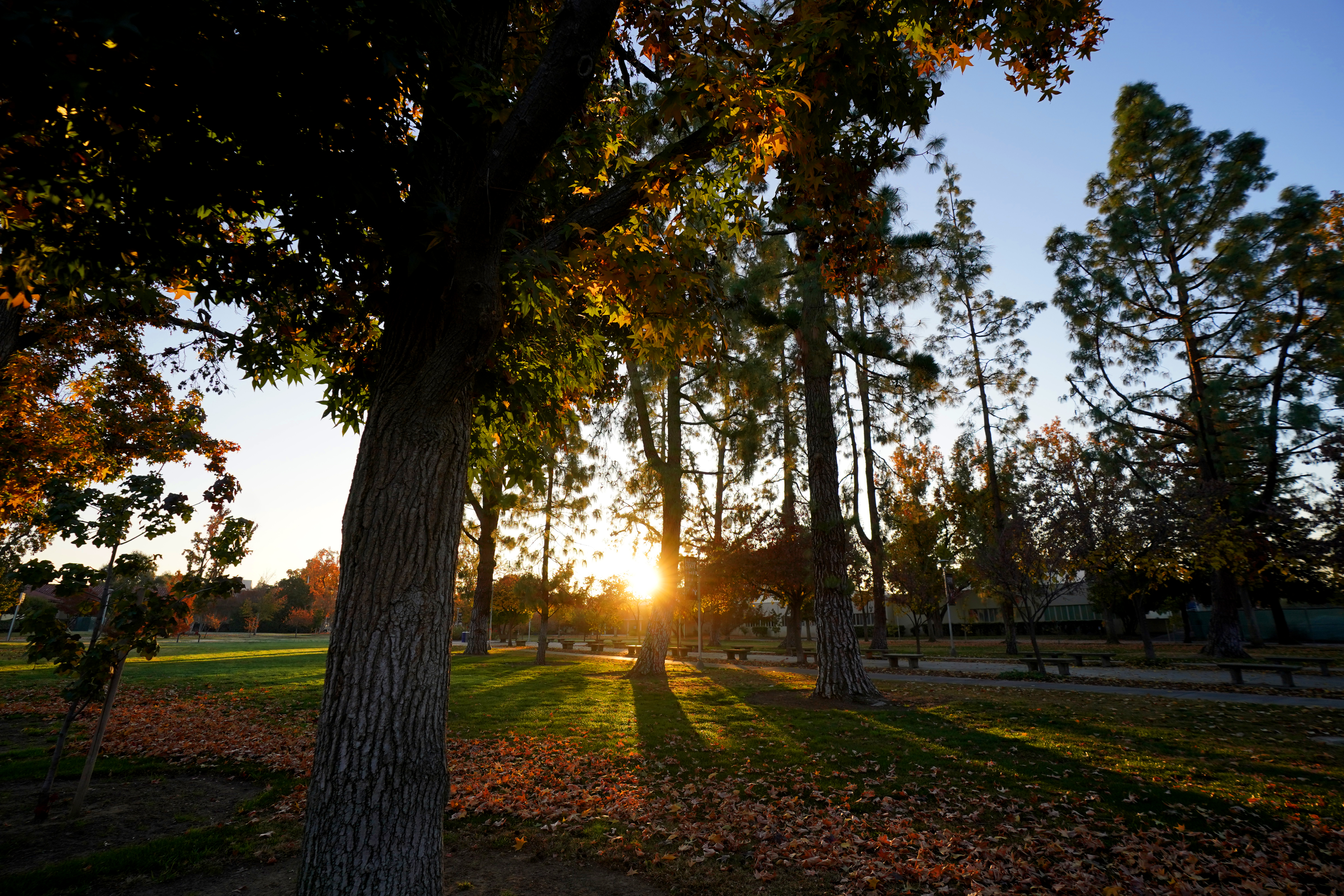Division of Equity and Engagement

Assistant Professor
Faculty
“I feel that I belong when I am viewed as a whole individual and not reduced to one aspect of my being.”
Q: What does equity, diversity, inclusion and belonging mean to you?
A: It means freedom. It means not having to be defined by what's different about me. Not even have to talk about it if I choose not to.
Q: When did you first have an understanding that you had different identities from
others in your life?
A: First day of elementary school. I was back in my home country (a very religious and theocratic country). I was a member of a religious minority group, and the first day of school, I heard a fifth grader scream and announce to the whole yard "don't drink from this fountain, a dirty "non-muslim [said the name of my religion]" drank from it.
Q: How were those differences either ridiculed or celebrated?
A: In many ways, children did not take food from me saying I was dirty. Teachers would bring me to the front of the class and tell me that I will go to hell, and so much more. Of course, I have also felt different as an immigrant in the U.S., but most of the comments here are not hurtful to me. They are often kind of funny. I had a student once ask me "What are you?" Trying to ask me about my ethnic background. Or I have students, who write comments in my students evaluations that I have an accent (which is true, but for some reason it does not feel nice when students point that out). All that said, I have primarily been celebrated and valued because of my differences. My colleagues value the different perspectives that I bring to my research and to our committee meetings. My students appreciate the stories I bring that are formed by my unique experiences.
Q: How have your intersecting identities played a role in who you are today?
A: I believe being a woman has always been something that made all of my other differences feel more complicated and interesting. Sometimes I get special attention for being a woman and sometimes I am treated as incapable. Growing up, my religion was the primary thing that made me feel less than others because I always had to try to defend myself and my community. Now, as an adult, it takes gratitude and perspective to see all the experiences as part of life and try to learn from the past, enjoy the present, and move forward with more freedom and less pressure to fit into others' expectations to fit into their perceptions of what each aspects of my identity "should" mean.
Q: To what extent are you able to bring your full self to campus each day? Or, to
what extent were you able to bring your authentic self to campus each day during your
time as a student?
A: I am a faculty here and I was a student at another CSU, I feel that I have been able to be my authentic self. The challenges are the authentic self is work in progress, and some challenges are beyond the campus. When your family doesn't accept you for the person that you are, it is hard to figure out who you should bring to the environment outside of home. Would you try to stay consistent with what your family expects of you, or would you try to find yourself outside of family expectations? This is just a complicated question, and it goes beyond just the campus.
Q: How can each of us make an increased commitment to ensure people of every identity
feel welcomed, included and that they belong?
A: Fewer questions like, "what are you?" and more questions like "tell me about yourself?" I think we need less of these categorizations to highlight our differences and actually focus on what we have in common, and allow the differences to shine through. Again, I feel more free when I am not being singled out (even in a neutral or positive way) because of a personal characteristic. I don't like having to explain my religion, or about my country of origin, or have to explain why my marital status does not fit societal expectations. I feel that I belong when I am viewed as a whole individual and not reduced to one aspect of my being.